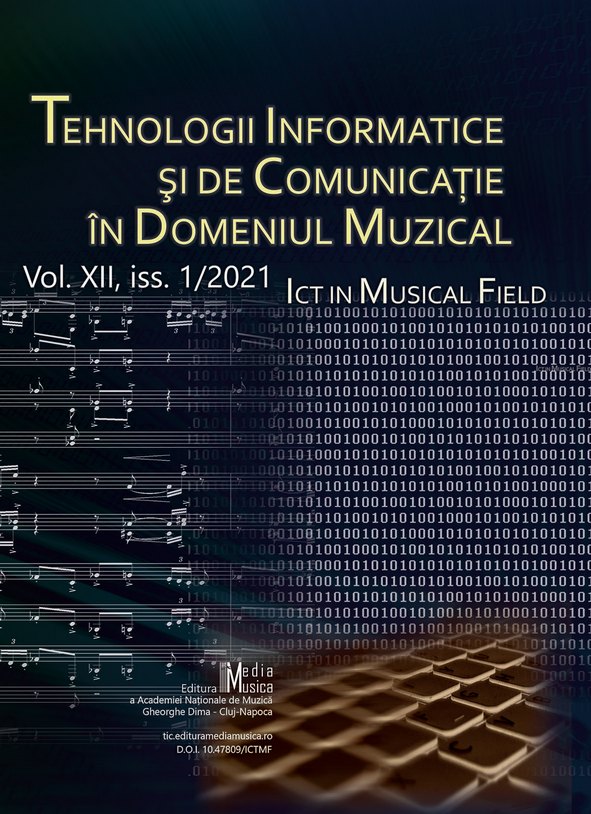Octaves and Fifths Hidden in Cyberspace / Octave și cvinte ascunse în cyberspațiu
Octaves and Fifths Hidden in Cyberspace / Octave și cvinte ascunse în cyberspațiu
Author(s): Alin-Corneliu VăceanSubject(s): Law, Constitution, Jurisprudence, Fine Arts / Performing Arts, Music, Civil Law, International Law, ICT Information and Communications Technologies
Published by: MediaMusica
Keywords: Cyberspace; Internet; legal norms; internet law; hacker; Criminal Code; European Union law; cyberpsychology; cybercrime; hidden octaves and fifths;
Summary/Abstract: Lato sensu when we encounter in treatises on harmony the notion of octaves and parallel/anti-parallel or direct fifths, we find out that these movements of the voices in the tonal-functional harmony are as a rule prohibited for a number of reasons. Alexandru Pașcanu motivated these interdictions related to the parallel fifths as follows “the reason for this categorical interdiction does not reside in the fact that it sounds bad (as they say), but rather in a stylistic imperative. The parallel fifths, reminiscences of the primitive polyphonic forms, create a modal atmosphere that contradicts the tonal ambience”. The challenge in this article consists in making a parallel between the rules of harmony, of voice leading, that we musicians know only too well, and those other rules – the rules of law (applicable in cyberspace) – which could be very concisely defined as: “those general and abstract rules that regulate the conduct of law subjects in their legal relationships or simply the rules of social conduct or morals”.Using transposition and focusing on the rules that address the active or passive participants in cyberspace, we shall be able to identify a series of rules/norms that govern this electronic realm, and implicitly, reveal a range of illicit conducts, as a consequence of the breach of these rules by users.The availability and accessibility of the Internet have brought about personal and social changes. There has been an important increase in the number of human activities that have moved face-to-face encounters from the physical space into cyberspace through online activities - particularly during this pandemic – and these new habits are slowly changing customs, practices, priorities, governing, and even human culture. In cyberspace people behave in a manner that requires new concepts in psychology, as well as in the realm of national, European, and international law, which require the use of old psychological knowledge, as well as the articulation of new ideas in order to understand and explain the human behaviour in cyberspace.
Journal: Tehnologii informatice şi de comunicaţii în domeniul muzical
- Issue Year: XII/2021
- Issue No: 1
- Page Range: 47-58
- Page Count: 12
- Language: English, Romanian
- Content File-PDF

